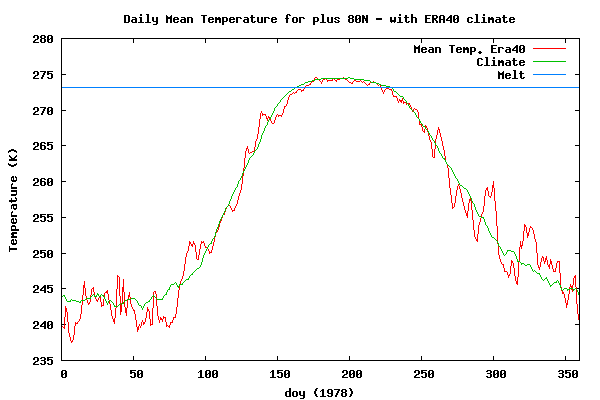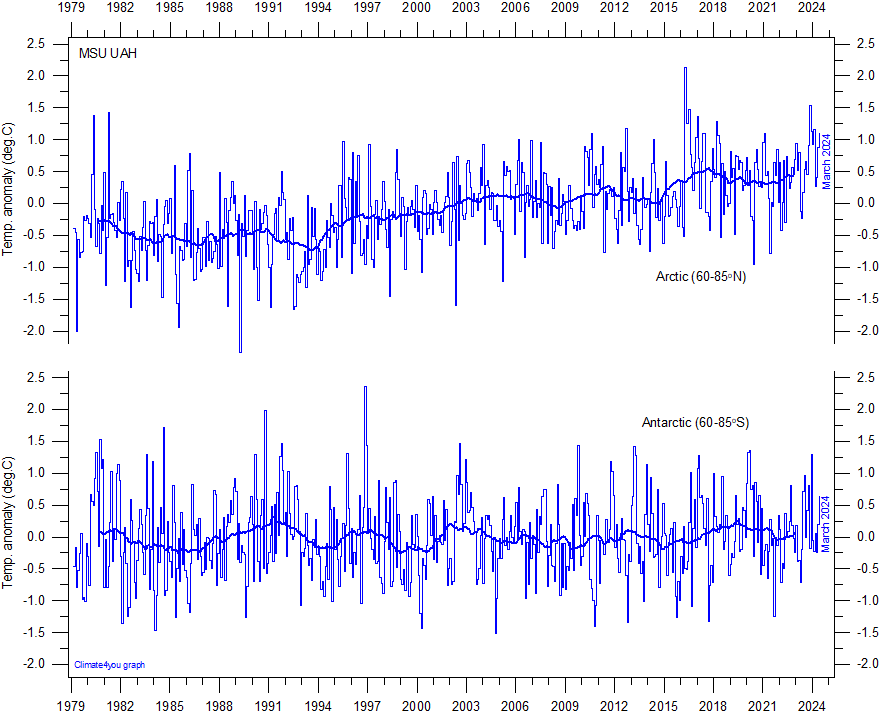US Supreme Court lays down rule forbidding warrantless car searches except in cases of officer safety or evidence protection
Arizona v. Grant Upheld, 4th Amendment Rights Restored
In a decision which seems to have gone largely unnoticed by the major news media, the US Supreme Court on Tuesday narrowed the permissible scope of warrantless automobile searches.
The high court’s 5-4 decision upheld a 2007 Arizona Supreme Court ruling which cited the 1969 California v. Chimel US Supreme Court case concluding that police must obtain a warrant before searching a car in the absence of any threat to officer safety or ability of the suspect to destroy evidence.
The Arizona ruling went counter to a nationwide trend diminishing constitutional protections against unwarranted searches.
Justice John Paul Stevens wrote for the majority, citing former Justice Sandra Day O'Connor:
"Lower court decisions seem now to treat the ability to search a vehicle incident to the arrest of a recent occupant as a police entitlement rather than as an exception justified by the twin rationales of Chimel."
Since a 1981 decision, New York v. Belton, effectively threw the fourth amendment out the window—at least where traffic stops are concerned—police have been able to use “officer safety” or “protection of evidence” as an excuse to search a vehicle even though the vehicle is unoccupied and there is, therefore, absolutely no threat to the officer or evidence.
The new ruling does not completely overturn New York v. Belton but narrows its implications, preventing police from using unrelated minor offenses to justify drug searches without probable cause: Car searches without probable cause are valid only "if it is reasonable to believe that evidence of the offense of arrest might be found in the vehicle" or if the suspect might be able to access the car for weapons.
The case at hand spent nearly a decade bouncing through the Arizona courts, beginning 25 August 1999 when two Tucson police officers received a "tip" that drug activity took place at a certain location. Police went to said location and questioned Rodney Gant who happened to open the door. After leaving, the officers looked up Gant's record and found an outstanding arrest warrant for driving under a suspended license. Big-time criminal, he.
The officers waited for Gant to return to the house, arresting him after he parked his car safely in the driveway. Gant was placed in the back of a squad car within minutes and without incident. Police then proceeded to search Gant's car where they found a small plastic bag containing cocaine.
A majority lead by Justice Stevens found the search of Gant's car unconstitutional.
"The state seriously undervalues the privacy interests at stake. Although we have recognized that a motorist's privacy interest in his vehicle is less substantial than in his home, the former interest is nevertheless important and deserving of constitutional protection. A rule that gives police the power to conduct such a search whenever an individual is caught committing a traffic offense, when there is no basis for believing evidence of the offense might be found in the vehicle, creates a serious and recurring threat to the privacy of countless individuals. Indeed, the character of that threat implicates the central concern underlying the Fourth Amendment—the concern about giving police officers unbridled discretion to rummage at will among a person's private effects."
The high court did leave police with a broad prospect for conducting warrantless searches but closed the door to searches based solely on traffic violations.
"Although it does not follow from Chimel, we also conclude that circumstances unique to the vehicle context justify a search incident to a lawful arrest when it is reasonable to believe evidence relevant to the crime of arrest might be found in the vehicle," Stevens wrote. "In many cases, as when a recent occupant is arrested for a traffic violation, there will be no reasonable basis to believe the vehicle contains relevant evidence."
Less than a day after the decision was released, the Michigan State Police issued guidance to officers on how to bypass the supreme court's new limitations:
"While this ruling will impact how searches of vehicles incident to arrest are conducted, officers may still conduct a full search of a person incident to a lawful arrest… In addition, officers may search vehicles using other exceptions to the warrant requirement.” (e.g. probable cause, inventory, tricking a motorist into giving consent).
A copy of the Supreme Court's decision is available as a PDF file: 07-542 Arizona v. Gant (4/21/2009)









No comments:
Post a Comment